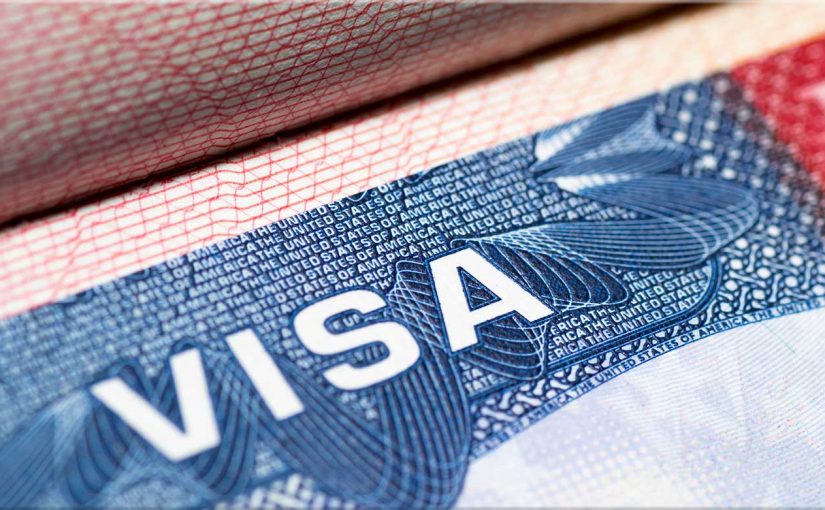
Interviewer: What is or defines the significant misdemeanor? Who is eligible for DACA relief?
Jeanne Morales: Probably the biggest problem we have is driving under the influence (“DWI” or “DUI”). There was quite a bit of debate over the DWI situation, because in many states the first DWI (and I’m not condoning any type of criminal behavior) is a relatively minor misdemeanor and it doesn’t seem to carry the import that some of the other situations do.
Unfortunately, that remained part of it, and so it’s something that we do see a lot of in any group of people. We shall see. It’s not like everybody has one. When I run across people, no matter what kind of legal work I’m doing for them, and I check into their background, it’s not a big surprise that people have in their past sometimes have a DWI. So that’s the one that bothers us the most.
Interviewer: Is it because of the DWI severity or is it because of all the added misdemeanors or charges? Is it a combination of both?
Jeanne Morales: Quite frankly I don’t know, but I would have to say that whoever was writing the regulations had a particular bugaboo with that, it doesn’t fit in with the other groups of things that would knock you out of contention.
Significant Misdemeanors Preventing Individuals from Obtaining DACA Relief
Jeanne Morales: A significant misdemeanor is misdemeanor that meets the following criteria: If it’s for domestic violence, child abuse or exploitation, burglary, unlawful position or use of a fire arm, drugs, to me those go without saying and those all make sense being in that group. And then the last one is driving under the influence. I do feel that on a severity scale it doesn’t fit in my mind. If I had to have a guess I would say that whoever was putting together the list had a particular problem DWI.

